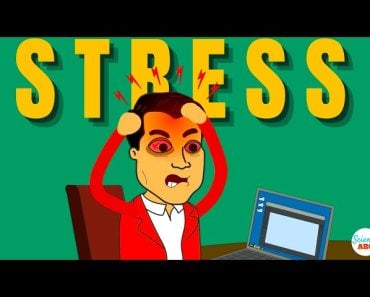The main reason children and the elderly get sick so easily is because their immune systems are either not fully developed or are weakened. Children’s immune systems are still in the developing stage and old people’s immune systems have weakened over time. Additionally, children are frequently in contact with other children, which exposes them to more bacteria and puts them at a higher risk of getting sick.
It’s not that teenagers and adults don’t get sick at all, but it seems like it’s the youngest ones and the elderly who fall ill much more frequently. Is this a real notion with an actual reason behind it or is it just purely in our heads?
Recommended Video for you:
Why Do Children And Old People Fall Ill So Easily?
Short answer: Children, especially toddlers, don’t have a fully developed immune system that can protect them from minor ailments. Additionally, they are frequently in contact with other children, which exposes them to more bacteria and puts them at a higher risk of getting sick. Old people, on the other hand, fall ill easily because their immune system weakens over the course of their lives. Plus, they also tend to suffer from more diseases, which makes things worse.
Why Do Kids Get Sick So Easily/quickly?
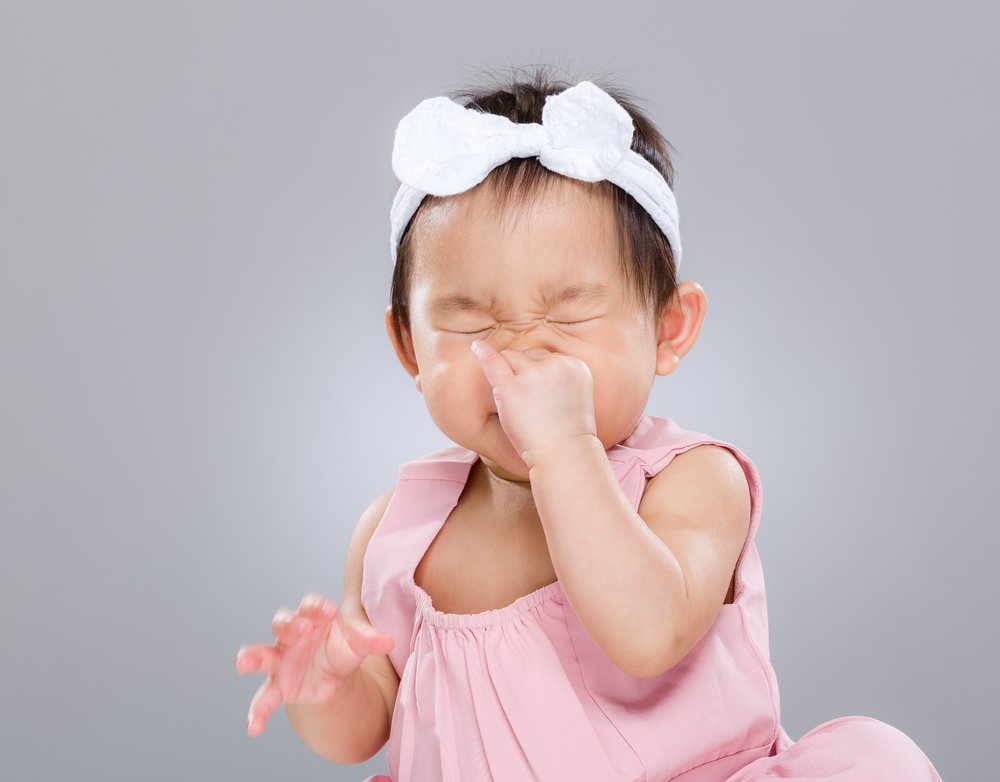
Kids tend to fall ill with incredible frequency, and with immaculate consistency too. This, quite naturally, agonizes doting parents who worry if their child is getting too sick too frequently. One of the very common ailments that children, especially infants and toddlers, can’t seem to get enough of is the cold. They seem to have one cold after the other with an almost resolute consistency.
An Underdeveloped Immune System
Another interesting thing to note is that kids typically start to get colds after they’re six months old, because it’s around this time that the biological immunity they got from their mother starts to fade away, allowing it to be replaced by their own immune system.
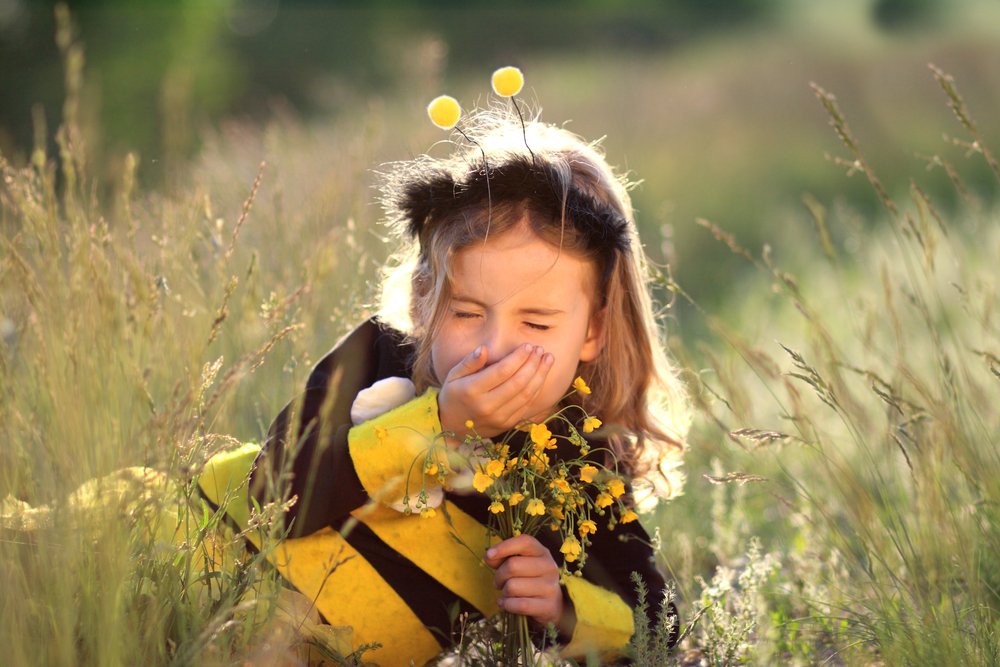
Children, just like adults, are exposed to new viruses and bacteria all the time. However, the key thing here is that adults’ immune systems have already identified the common disease-causing bacteria and have gotten used to some of them. Children’s immune systems, on the other hand, are still in the developing stage, as they haven’t had the time to acquire the antibodies to ward off viruses. This takes quite a few years to develop fully. Therefore, they keep falling sick every time they’re exposed to certain germs and bacteria until they develop some level of immunity against them.
Children Are Frequently Exposed To Tons Of Bacteria
Kids often come in physical contact with other kids, who have their own runny noses and colds. That way, all kids become even more vulnerable to being exposed to disease-causing viruses.
Kids Are Careless!

It’s a well-known fact that has established itself since the dawn of civilization. Kids like to stick stuff inside their mouths, regardless of whether it’s an apple, a bunch of coins, a pen or a Rubik’s cube. That’s their way of getting to know the world around them,but this penchant for physical exploration comes with an incredibly high risk of exposure to germs and bacteria that kids can’t tackle yet, so they end up falling sick.
Why Do Old People Get Sick So Easily?
The reason in this case is also directly related to one’s immune system. You see, our immune system is nothing but a complex network of cells, tissues and organs that work in tandem to ward off diseases and infections.
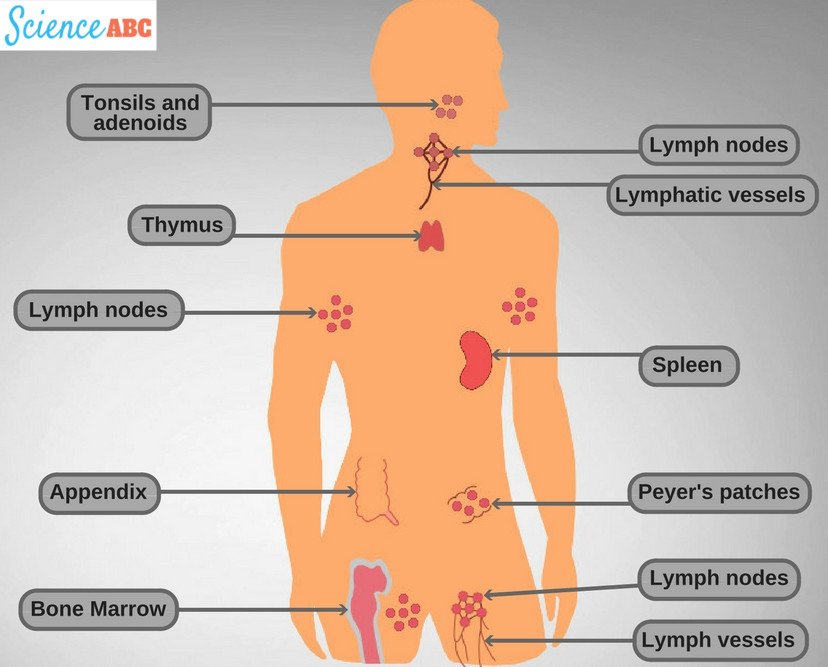
Aging is a slow, gradual process that has a direct negative impact on the immune system and its ability to keep diseases at bay. As one grows older, the immune system becomes slower at detecting cell defects and its ability to respond quickly and effectively also declines. This gradual deterioration of one’s immunity caused by natural aging is known as immunosenescence.
Immunosenescence involves a number of biological setbacks to the body, including oxidative damage to DNA through cellular metabolic activity, a reduction in the self-renewal capacity of hematopoietic stem cells (HSC), a marked depletion in the total number of phagocytes in aging hosts and so on.
There are other factors too, such as chemical exposure, radiation and the contraction of certain diseases, all of which accelerate the decline of the immune system over time.
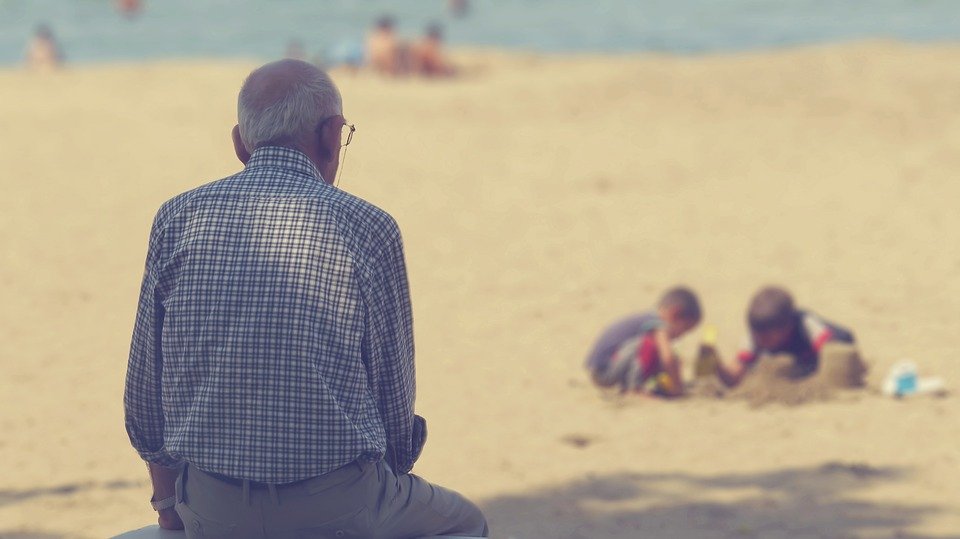
What all of this means is that the immune system of old people, especially those who are more than 65 years of age, is already weakened, which makes it difficult to shield (and help recover) the body against the continuous onslaught of germs and bacteria.
A healthy lifestyle (consisting of a healthy diet, no smoking and no drinking) coupled with vaccinations and plenty of exercise can alleviate many of the risks associated with a deteriorated immune system in the elderly. Since toddlers simply won’t understand what I’m talking about, here’s some advice for their parents – let those little ones develop their immune systems and have fun while they’re at it. No matter what you do, they’re bound to get sick early and often in their younger years.
References (click to expand)
- National Institute on Aging - National Institutes of Health (NIH). The National Institute on Aging
- Should I Be Worried If My Child Gets Sick Too Often?. The University of Utah
- Aging changes in immunity: MedlinePlus Medical Encyclopedia. MedlinePlus
- Gruver, A., Hudson, L., & Sempowski, G. (2007, January). Immunosenescence of ageing. The Journal of Pathology. Wiley.










